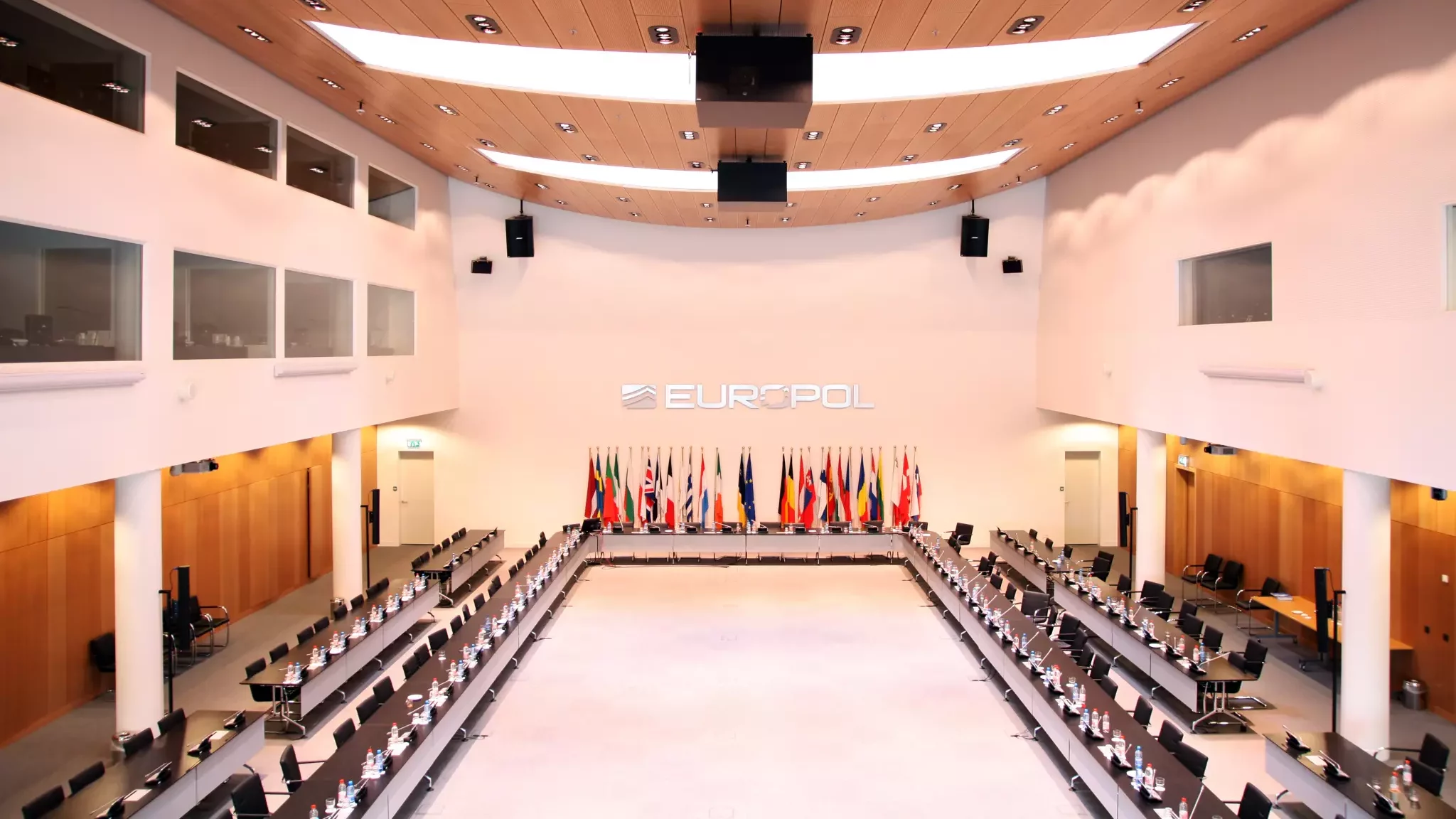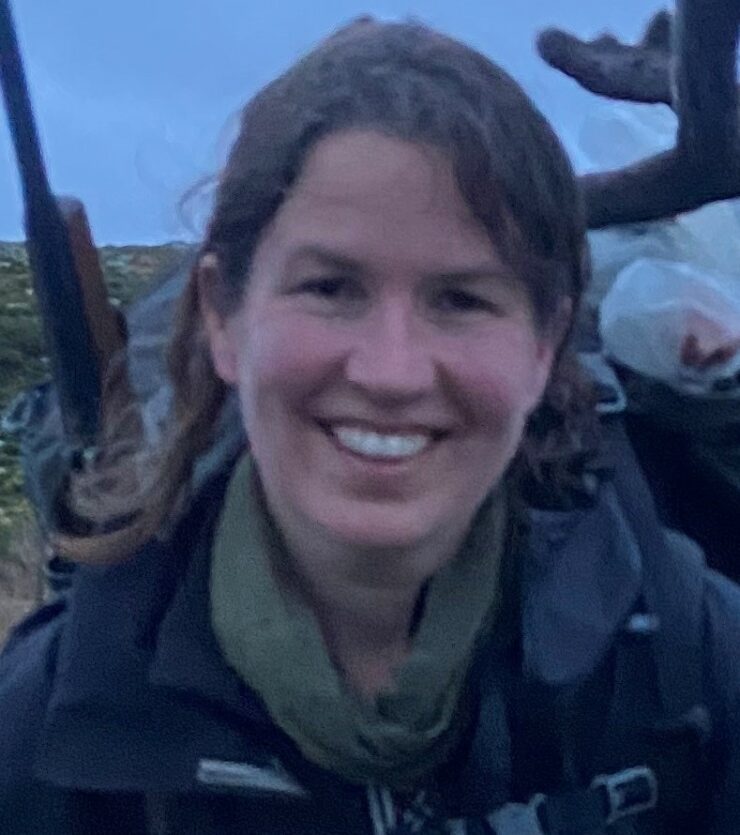How do the Nordic countries’ three different strategies towards the EU work in these geographically and legally overlapping areas in the Europol context?

Both the Nordic area and the EU’s Schengen Area overlap when it comes to free flow of things and freedoms we appreciate – but also of problems. It is perhaps only a matter of time when the Swedish criminal gang problem becomes a general Nordic – and pan-European one. How does the Nordic police cooperation function in response to open borders between each other, while at the same time having very different relationships with the EU and European police cooperation?
In 2024, it was 30 years since the Norwegian population voted “no” to EU membership. In the same year, the Nordic cooperation can celebrate the 70 year anniversary of two important agreements. In the Mid 20th century, the fundamental level of trust and acknowledgment of common issues between the Nordic countries, led to formalised cooperation through the Nordic Passport Union, removing passport control for Nordic citizens on intra-Nordic borders (NPU, 1954), common regulations facilitating Nordic citizens working in whichever Nordic country (Common Labour Market, 1954), and informally, enhanced cross-border police cooperation. But around 30 years ago, the Nordic countries chose very different paths in terms of European cooperation. While Sweden, Denmark and Finland entered into the European Union (then Community), Iceland and Norway chose the less encompassing European Free Trade Association (EFTA). All countries are Schengen members, which in principle implies much the same as the beforementioned Nordic cooperation – including no border control and enhanced police cooperation. And the EU members are also EFTA partners. But currently, things are changing on the EU scene, also in the area of police cooperation. After Brexit, and a major increase in third countries and organisations becoming party to the EU police cooperation organization Europol, the situation in terms of close cooperation has changed for the former grey zone countries such as Norway and Iceland. The EU steers towards closer cooperation, outside the Schengen and EEA/EFTA complexes. And it is increasingly more difficult for non-EU members to participate fully.
In a current project, I study how the players in the field of police cooperation, be it police practitioners (nationally or internationally based), or bureaucrats, navigate to maintain the well-functioning intra-Nordic cooperation, despite regulatory boundaries that with increasing firmness blocks non-EU members from full cooperation. The case example is primarily Norway, given its long both coastal and land border, also towards Russia. But the research is equally relevant for Iceland and other EU third country states. And what about the Danish opt-out of justice and security? I interview police liaisons at Europol from Norway and collaborating member states, police practitioners who at various levels are involved in European police cooperation within their country, and bureaucrats and diplomatic staff involved in European police cooperation.
A couple of months into the project, the preliminary findings include that the Nordic cooperation is clearly still close. Police personnel at Europol perceive the intra-Nordic crime control cooperation as very valuable, and work actively to maintain and enhance their mutual relationship. In a legal sense, there are, however, mounting obstacles to both the Norwegian, Icelandic – and Danish – participation in both existing and forthcoming important crime control measures. Including related to the Swedish criminal gangs. The final findings of the project will provide grounds to recommend changes to some of the Nordic – and the EU – ways of meeting mutual crime problems across the Nordic and Schengen areas.
About the author
Synnøve Ugelvik is professor at Faculty of Law, University of Oslo, on sabbatical in Den Haag, Nederland. Ten years after she defended her PhD in law on Norway and EU police cooperation, she has returned to the scene to do empirical qualitative research on how the EU police cooperation actually works for Norway, other third countries, semi-members such as Denmark, and other EU-member states. E-mail: synnove.ugelvik@jus.uio.no, web: Synnøve Ugelvik – Institutt for offentlig rett

